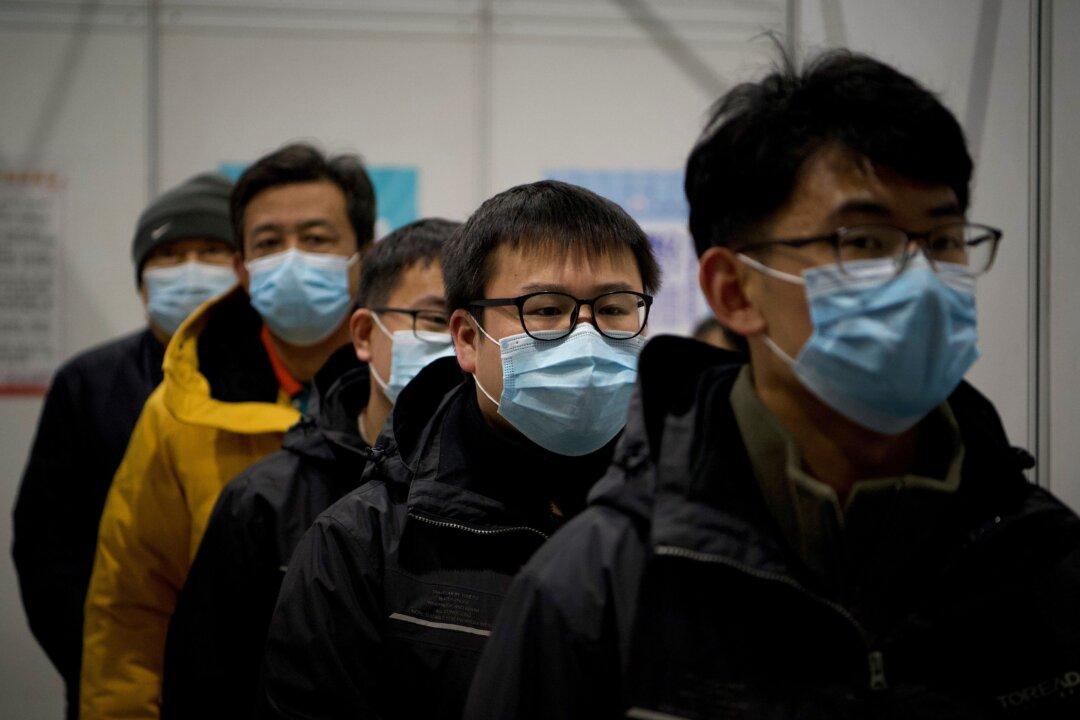The Beijing city government issued more restrictions on travelers in an effort to prevent the CCP (Chinese Communist Party) virus from spreading.
Two more cities in northeastern Jilin Province went under lockdown, as authorities in two villages in Heilongjiang Province culled all livestock—fearing that animals could also spread the virus.





